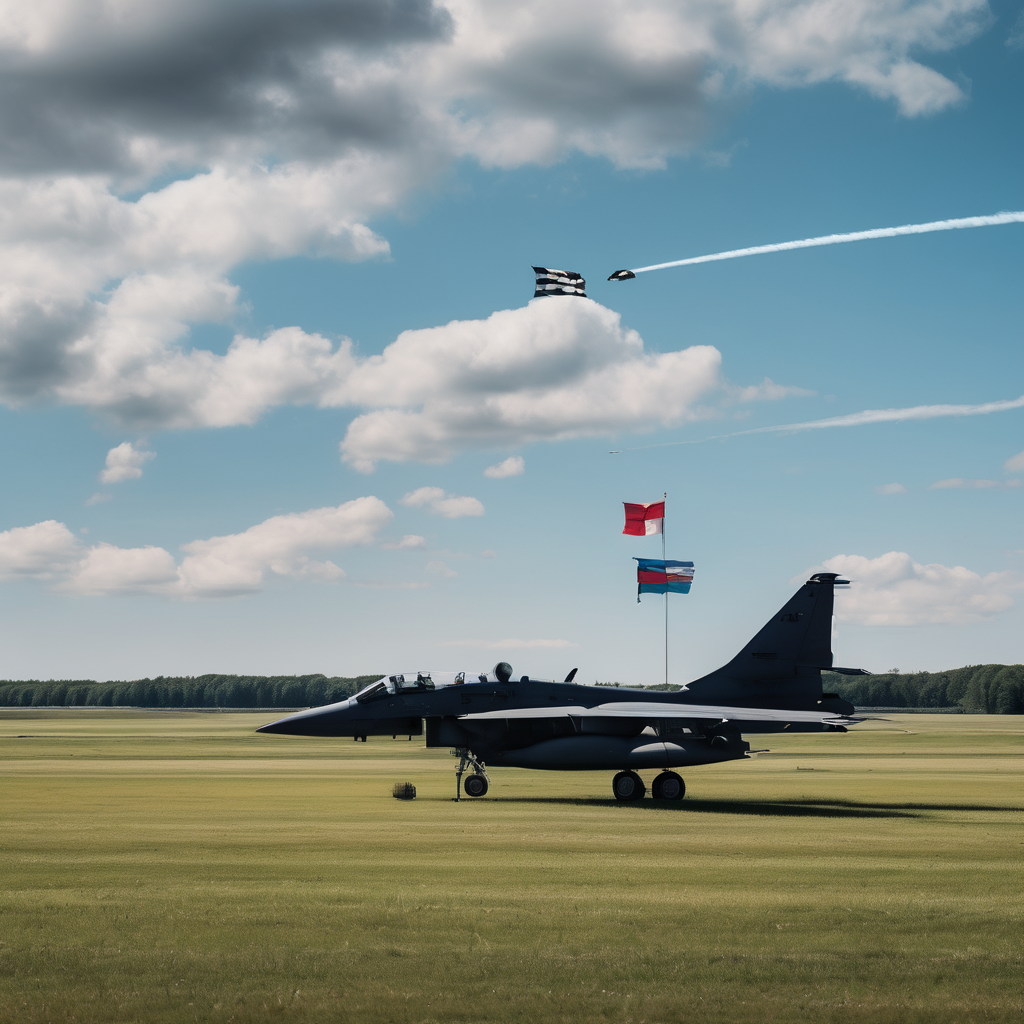Poland and Estonia have expressed their support for a proposal by President Trump to address the growing concerns about Russian aircraft potentially violating NATO airspace. Tensions have escalated following two reported incursions by Russian planes and drones, prompting discussions on possible measures to protect the integrity of NATO’s airspace.
These incidents highlight the increasing strain between Russia and NATO member countries, with Poland and Estonia being situated on the eastern flank of the alliance. Both nations have been particularly vocal about the necessity of a strong response to such provocations. President Trump’s stance of potentially using force against any further violations resonates with these countries, as it demonstrates a commitment to safeguarding NATO territories.
The implications for the United States involve reinforcing its solemn obligations to NATO allies by ensuring that robust systems and strategies are in place to deter or address any airspace breaches. This could mean increased military readiness and potentially deploying more resources or personnel to the region to serve as a visible deterrent against further Russian aggression.
While the situation is tense, this unified stance by NATO members, including strong support from the U.S., underscores the importance of maintaining collective defense strategies. A decisive response to airspace violations is crucial to preserving the sovereignty of NATO nations and ensuring regional stability.
In these challenging times, maintaining diplomatic communication alongside defensive measures remains vital to prevent misunderstandings and to work towards peaceful resolutions. The united front of NATO might serve as a deterrent to further escalations, and hopefully, lead to diplomatic talks that can reduce tensions in the region.
